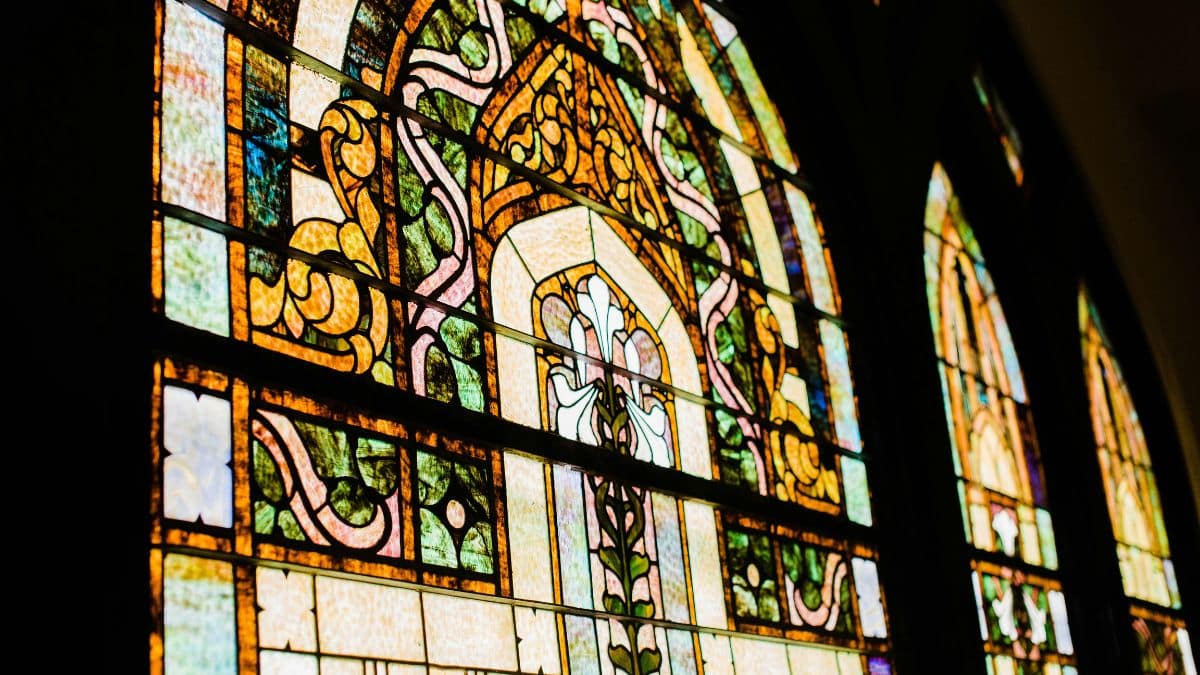Research has confirmed that people who actively practice their faith are more hopeful and are less likely to be unhappy in periods of isolation as those imposed by the COVID-19 lockdowns.
“We find that being religious significantly reduces the negative mental health outcomes associated with Covid-19 incidence in one’s social network,” the researchers wrote.
They noted that “if a respondent [of the survey] displayed high religious attendance in the past, this helped them to mitigate the effects of Covid-19 on their mental health.”
The research also discovered that the benefits presented by practicing faith were “strongly driven by attendance at religious services,” not just belief or praying.
As a whole, “religious people, on average, have better mental health than non-religious people,” according to the research. “We find that the worsening of mental health associated with Covid-19 was around 60% higher for non-religious individuals compared to individuals with similar characteristics having average levels of religiosity,” the authors added.
The link between positive mental health and faith comes as more than a quarter of Americans identify as religious “nones.”
Of those “nones,” 17% are atheist, 20% are agnostic, and 63% are “nothing in particular,” Pew Research reported.
Sixty percent of the religious “nones” reported that they “question a lot of religious teachings.”
Religious “nones” are also “less civically engaged and socially connected than people who identify with a religion,” Pew explained. “On average, they are less likely to vote, less likely to have volunteered lately, less satisfied with their local communities and less satisfied with their social lives.”




























![[Video] More – Aghogho » GospelHotspot](https://gospelhotspot.net/wp-content/uploads/2024/04/More-Aghogho.jpeg)
















